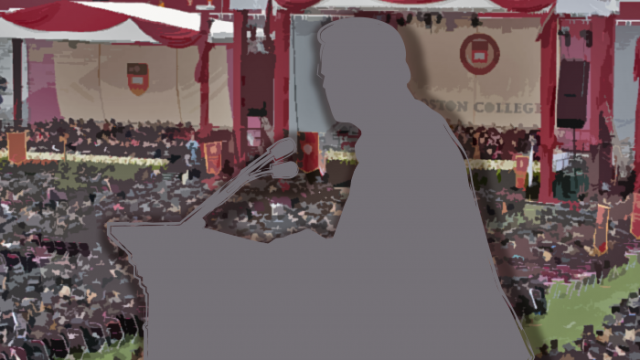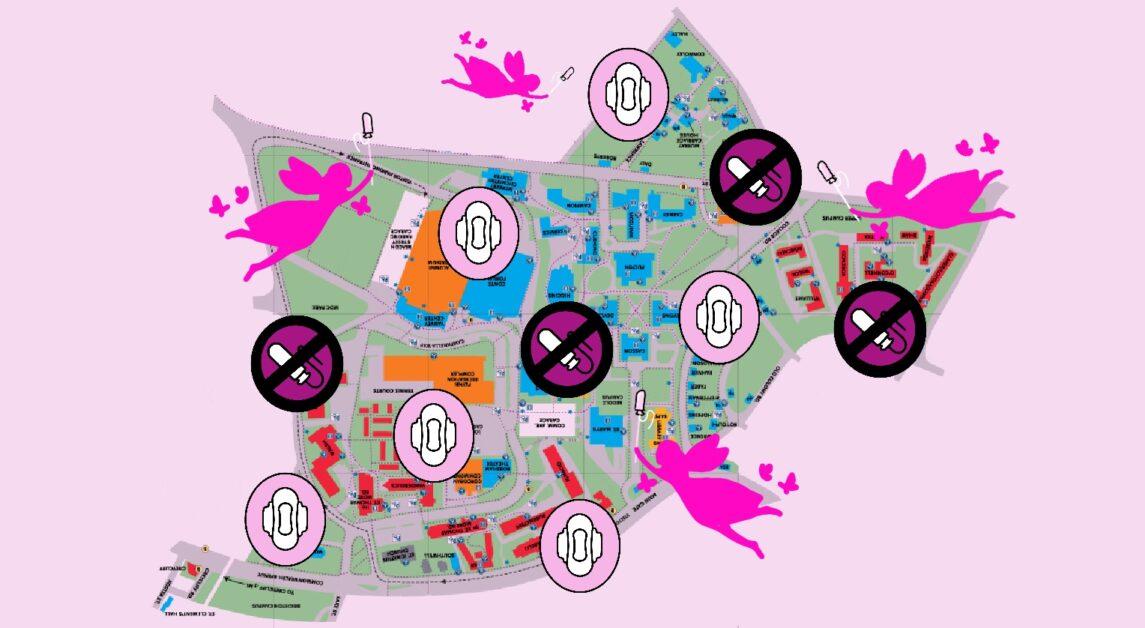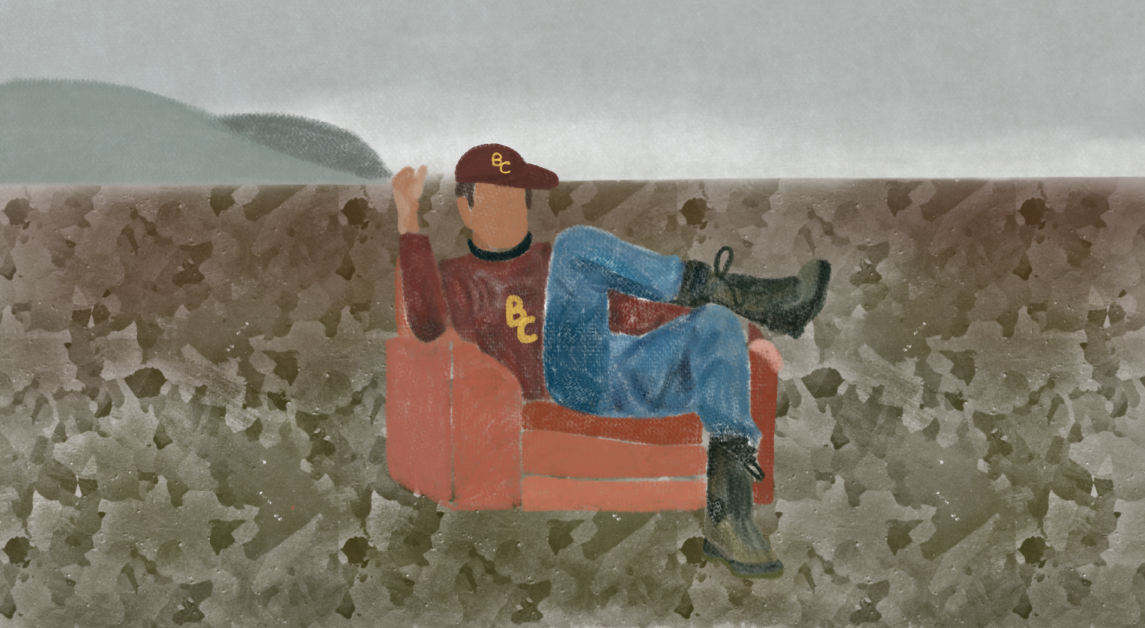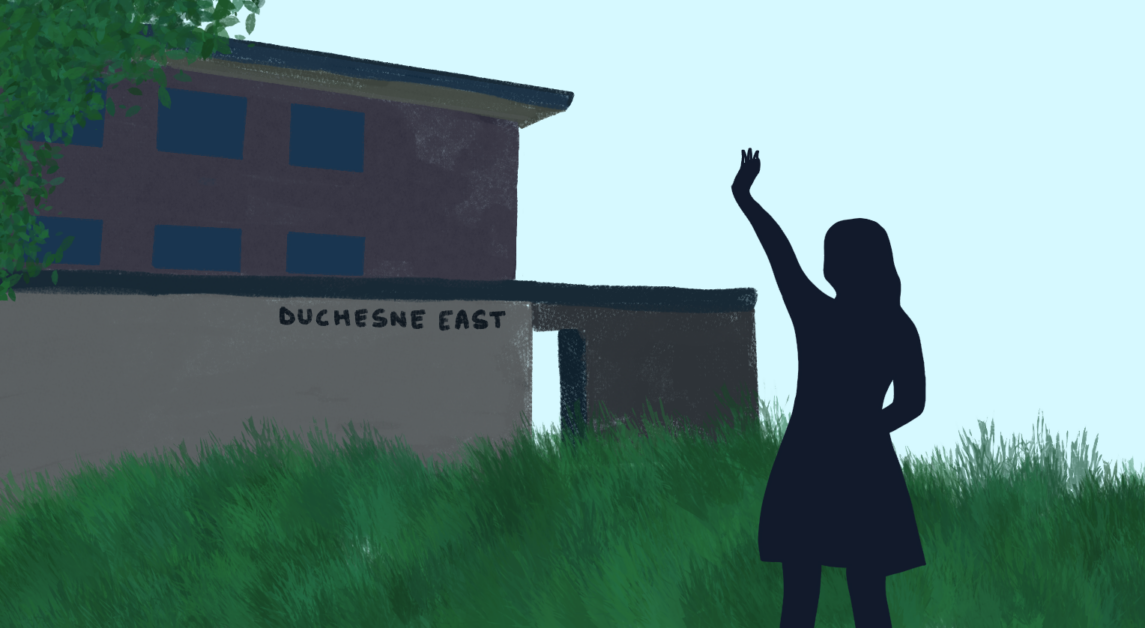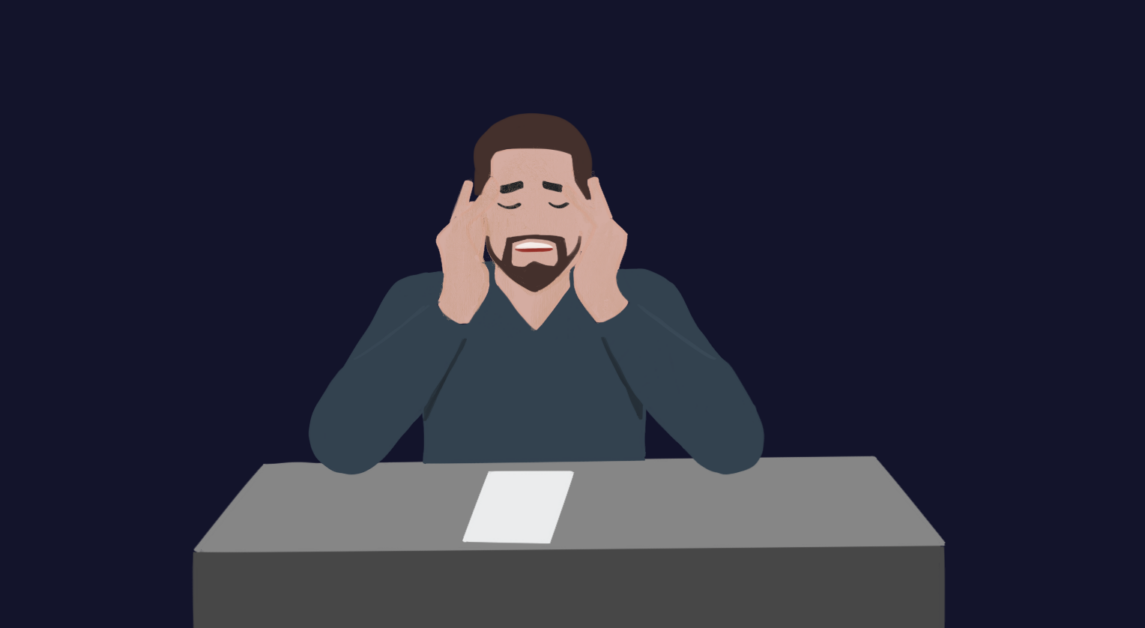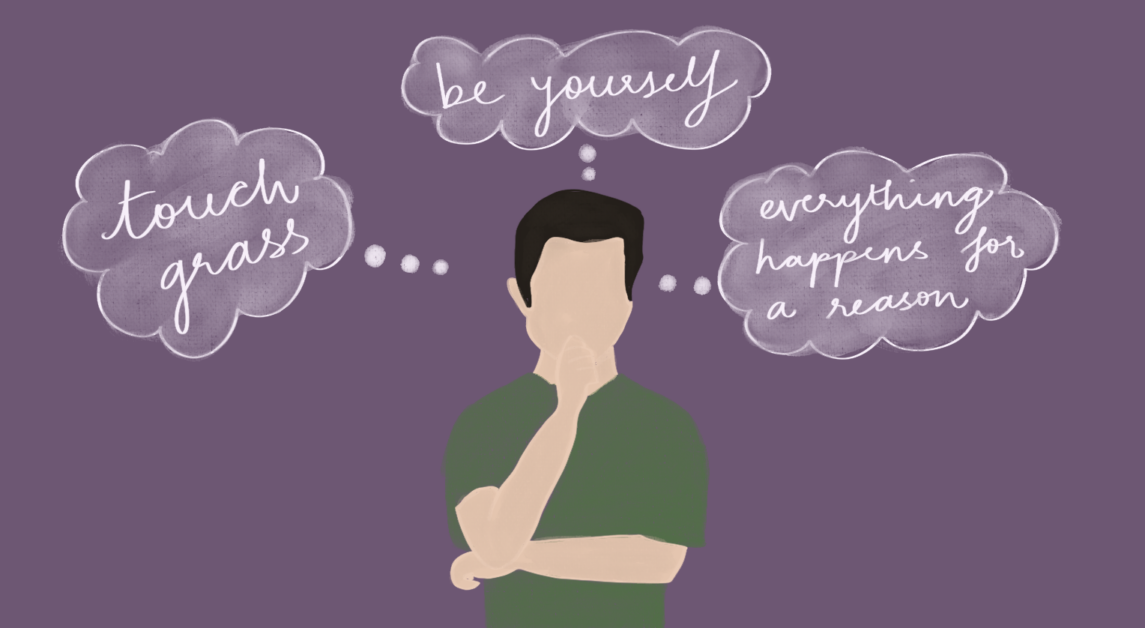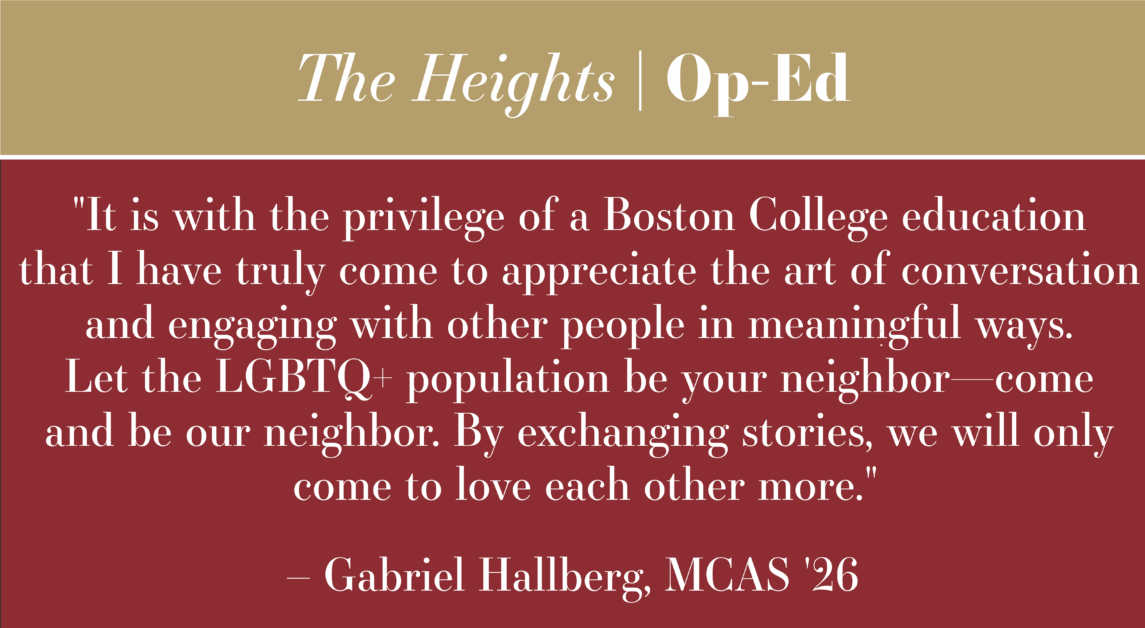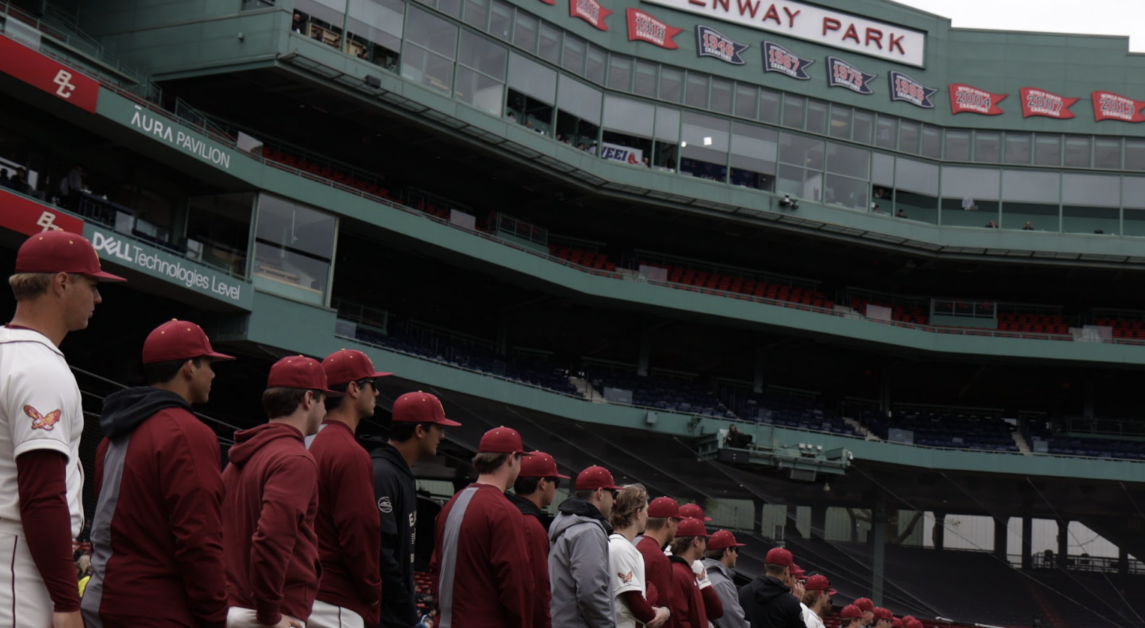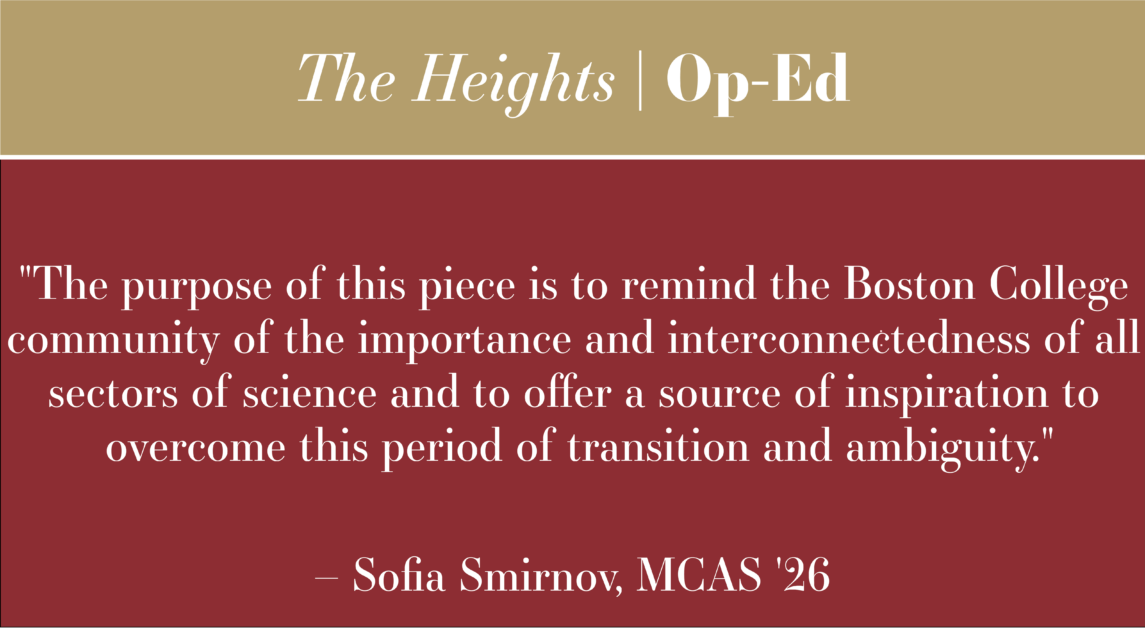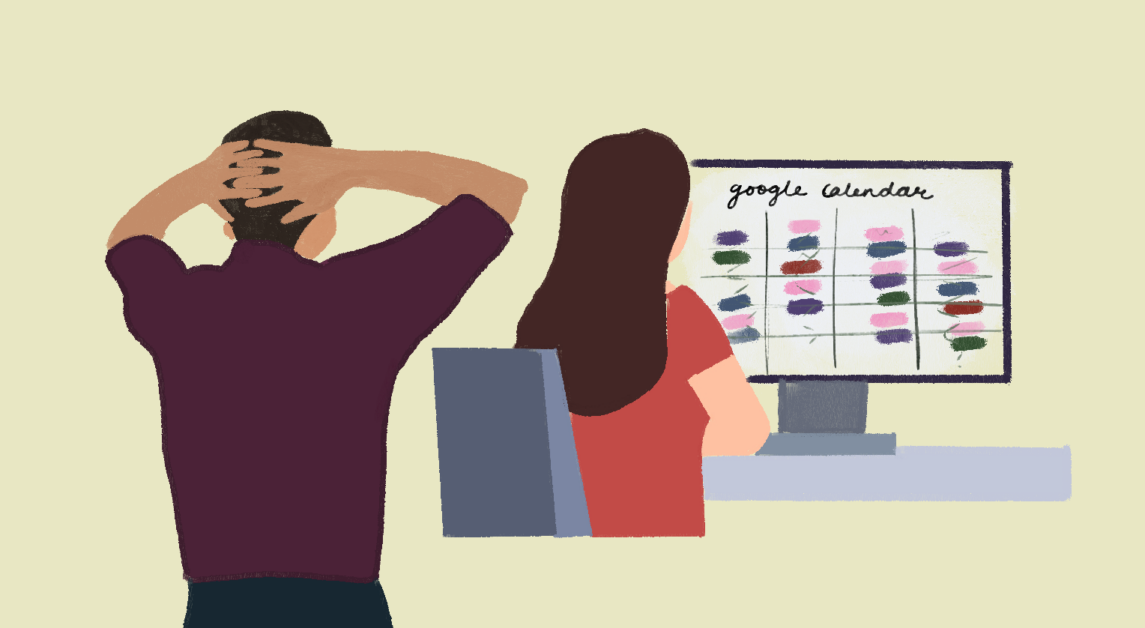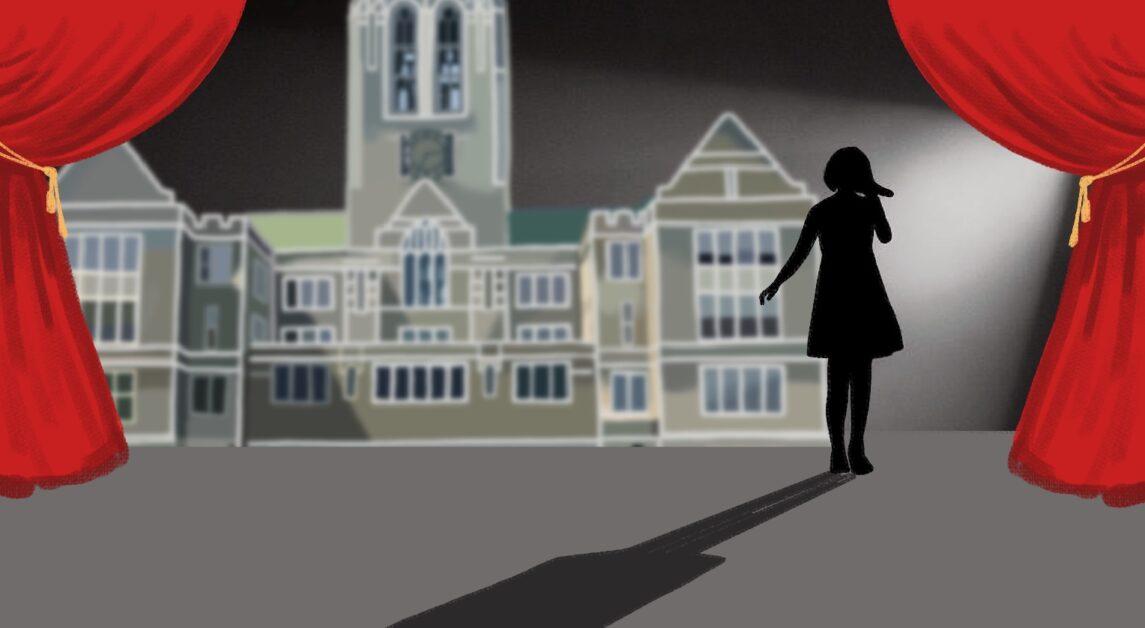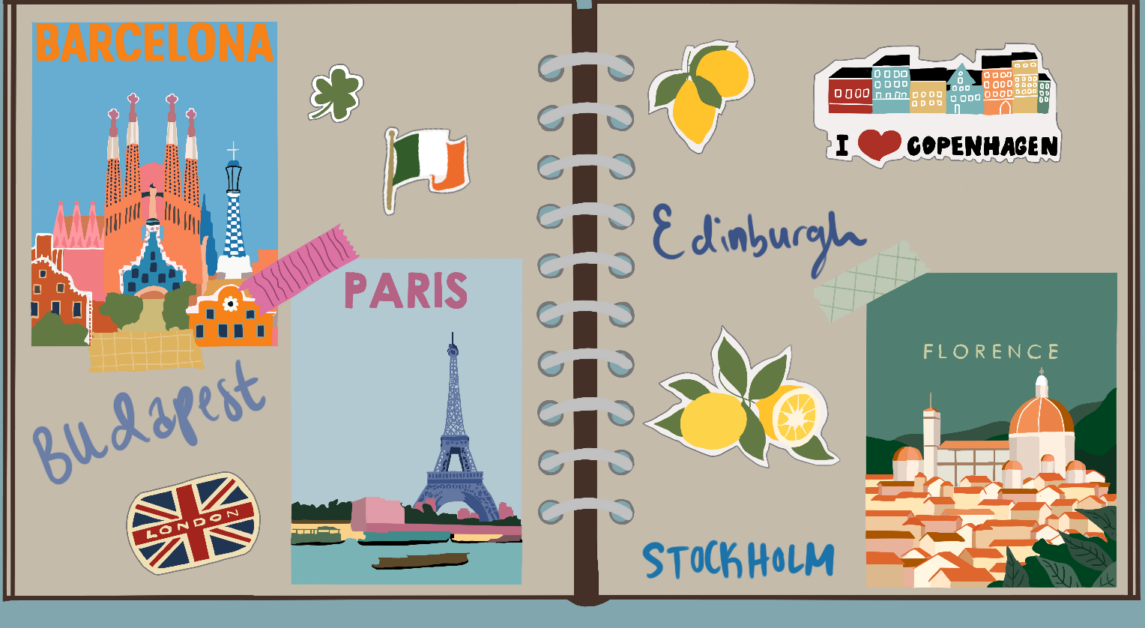Because this is the final Heights column I will write for this academic year, it seems appropriate to focus on endings.
Coming from a family with four older siblings, I’ve heard an exhausting number of Baccalaureate and Commencement speeches about endings. At this point, I don’t want to hear anyone else explain how this moment is “not just an end, but a new beginning,” or how “when one door closes, another door opens.”I can’t express how excited I would be if, at my brother’s college graduation this weekend, the speaker focused instead on the origin of animal crackers or the religion of the flying spaghetti monster. And yet, more likely than not, I’ll hear about those endings again.
I suppose part of the reason why this repetition occurs is due to the relationship between the individual and society. We are raised to express ourselves within the language(s) created by our community, and, to some extent, that limits us to repeating what we’ve heard. Following certain common patterns of speech ensures that we’re readily understood. We recognize that events we experience individually are also shared by society, and, therefore, we use society’s language, however cliche, to communicate our feelings.
But it’s about more than experiencing “one door closing and another door opening” for ourselves. When I think of endings, I recall a different set of doors—the events in our lives where logic meets with contradictions through death, mental illness, disability, even violence. Faced with these unexpected doors, we realize the world doesn’t work how we thought it did. And at another point, often shortly after that, we realize that we can’t know how the world works. We discover endings in the sense of logic faltering into the absurd and inexplicable.
Logic fails in the face of these doors because human beings aren’t entirely “of the world.” A parallel exists between the individual within society, and human society within the world. Operating within the world, human beings naturally fall under its dictates regarding time, death, and relationships. And just like the individual within society, there are places where we disagree with the rules or fail to understand them. Unlike the rules of human society, however, the world’s dictates are not created by humans. They, in a sense, create us. We attempt to understand the world, and in our interpretations we form the rules of society. To understand the very materials that make—and will arguably unmake—us is beyond our comprehension. We are created by the world, and for that reason we are to some degree separate from it.
Human reason can’t resolve the differences in logic, because the dynamics of the world are larger than the confines of human logic. Our reasoning can’t end the issue of endings because it can’t answer for the ways of the world. It speaks only to human experience within the world. As a result, it is both scientific and subjective, offering comfort to human society without resolving any of the questions.
The graduation speech at its most cliched relates back to this desire for resolution. Graduation is a time of indecision because one world is ending—the “BC bubble” is being popped—and another world is revealing itself. This time of transition hearkens back to every other shift that has left us confused regarding the ultimate movements of our lives. So we repeat the cliches and the phrasing that have bored generations of crowded and cramped Commencement audiences, even though in the face of the absurd they fail worse than the logic. At least in the cliches we recall a sense of community, expressing ideas that have plagued people before us and will plague them after us. We’re connecting with one another over this existential milestone, felt by each of us as a fresh shock, but shared in society as part of the communal human experience. Even if the words fail, the connection stands, and in that is some comfort. So on with another season of graduation speeches—deep down, they’re what we all want to hear.
Featured Image by Kelsey McGee / Heights Editor

